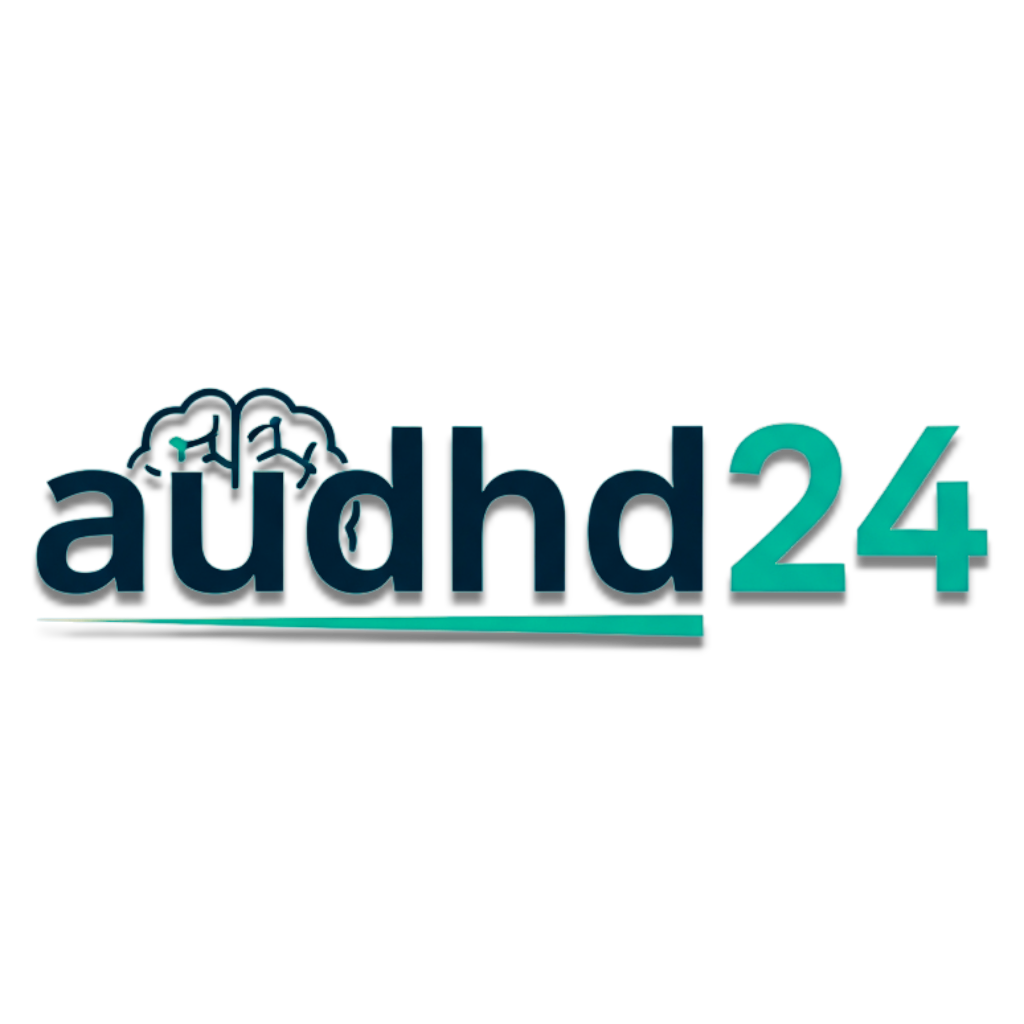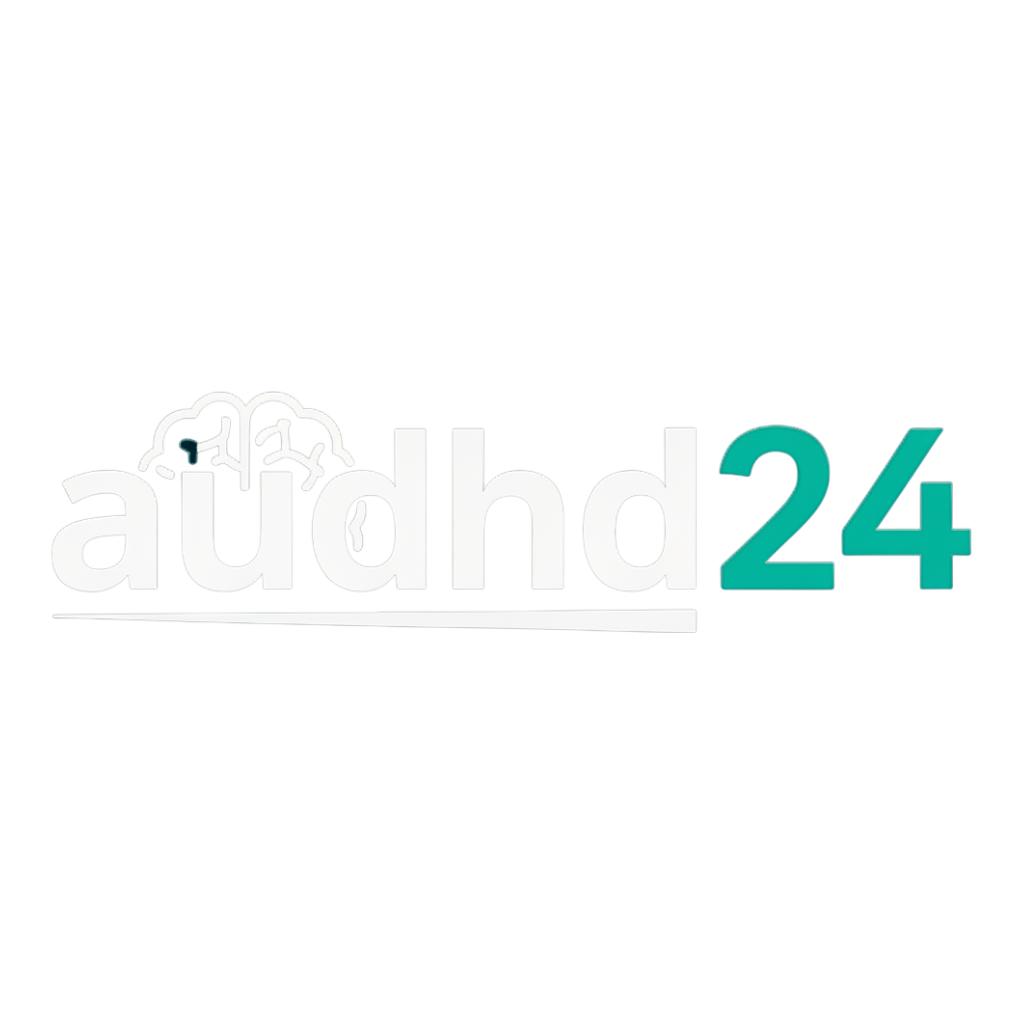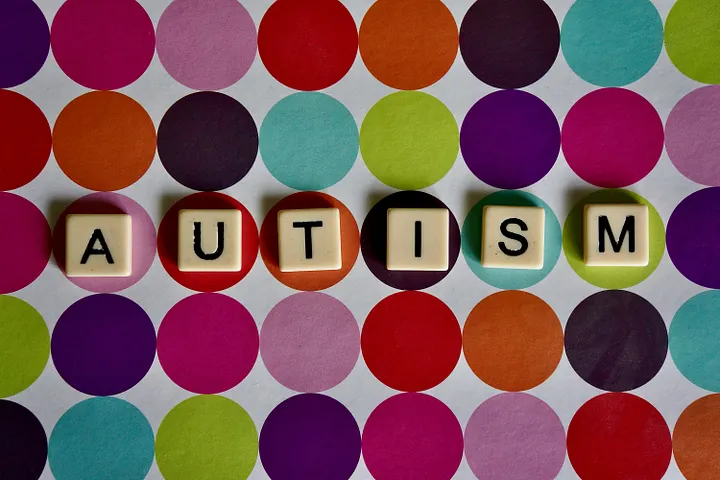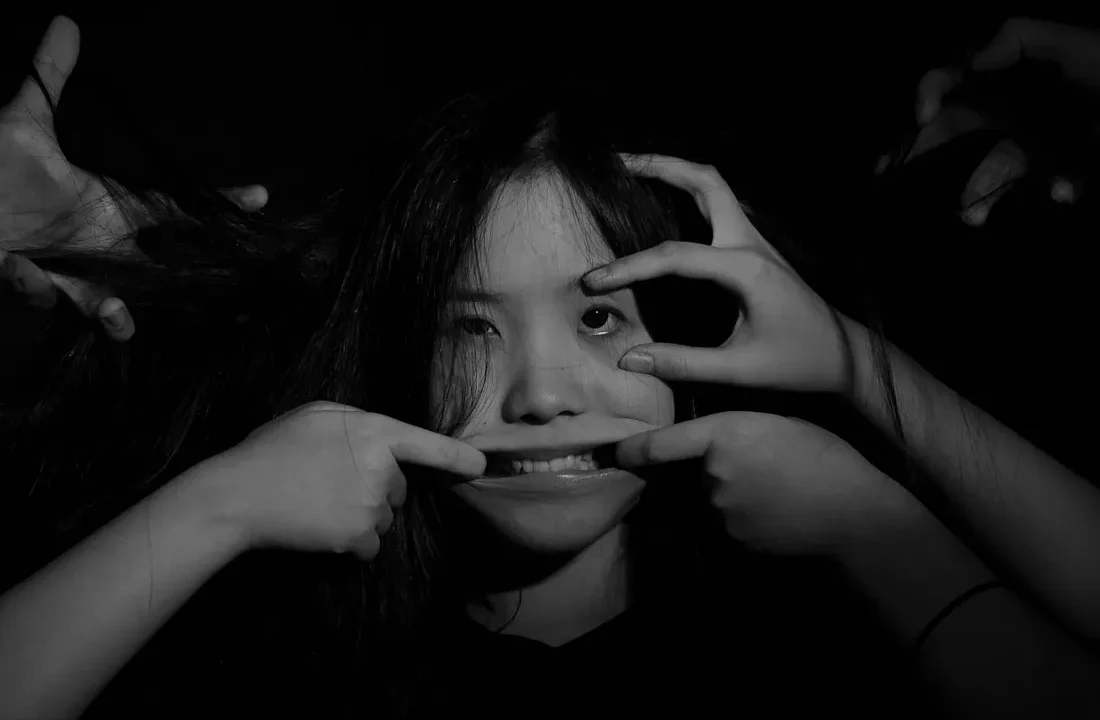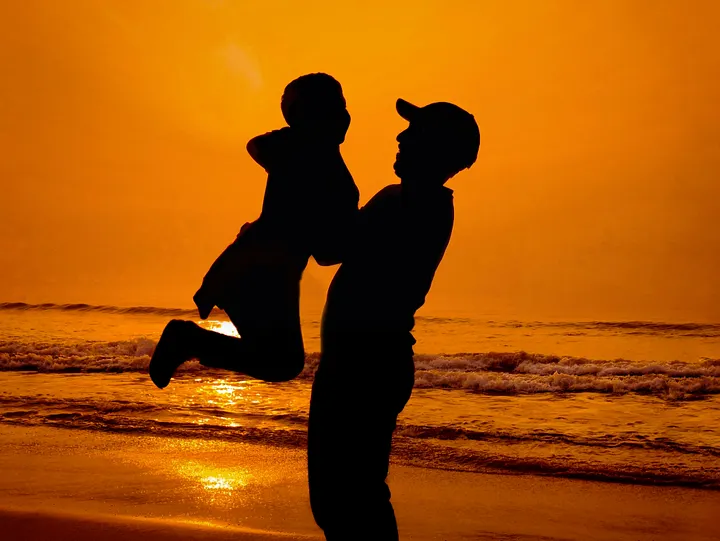Earlier this month, Donald Trump falsely claimed that pregnant women who take Tylenol are causing their babies to develop autism. The statement ricocheted across news sites and social media, reigniting long-standing debates over what autism is, what causes it, and how we talk about it.
Several days later, comedian and activist Chelsea Handler posted a blunt message to Instagram:
“Autism is not a disease or something that needs to be cured. Ignorance is both. Can we please embrace education and compassion?”
The responses poured in, split almost cleanly in half.
On one side were neurodivergent folks who’ve grown tired of being pathologized, flooding the comments with gratitude. For them, the post was a moment of visibility in a culture that still frames difference as defect.
On the other side stood exhausted parents raising autistic children with very high support needs—toddlers who are nonverbal, or teenagers who still require round-the-clock care. To them, Handler’s quip felt dismissive, even cruel. Try raising a profoundly autistic child and tell me it’s not a disease, one mom wrote.
Earlier this month, Donald Trump falsely claimed that pregnant women who take Tylenol are causing their babies to develop autism. The statement ricocheted across news sites and social media, reigniting long-standing debates over what autism is, what causes it, and how we talk about it.
Several days later, comedian and activist Chelsea Handler posted a blunt message to Instagram:
“Autism is not a disease or something that needs to be cured. Ignorance is both. Can we please embrace education and compassion?”
The responses poured in, split almost cleanly in half.
On one side were neurodivergent folks who’ve grown tired of being pathologized, flooding the comments with gratitude. For them, the post was a moment of visibility in a culture that still frames difference as defect.
On the other side stood exhausted parents raising autistic children with very high support needs—toddlers who are nonverbal, or teenagers who still require round-the-clock care. To them, Handler’s quip felt dismissive, even cruel. Try raising a profoundly autistic child and tell me it’s not a disease, one mom wrote.
Earlier this month, Donald Trump falsely claimed that pregnant women who take Tylenol are causing their babies to develop autism. The statement ricocheted across news sites and social media, reigniting long-standing debates over what autism is, what causes it, and how we talk about it.
Several days later, comedian and activist Chelsea Handler posted a blunt message to Instagram:
“Autism is not a disease or something that needs to be cured. Ignorance is both. Can we please embrace education and compassion?”
The responses poured in, split almost cleanly in half.
On one side were neurodivergent folks who’ve grown tired of being pathologized, flooding the comments with gratitude. For them, the post was a moment of visibility in a culture that still frames difference as defect.
On the other side stood exhausted parents raising autistic children with very high support needs—toddlers who are nonverbal, or teenagers who still require round-the-clock care. To them, Handler’s quip felt dismissive, even cruel. Try raising a profoundly autistic child and tell me it’s not a disease, one mom wrote.
